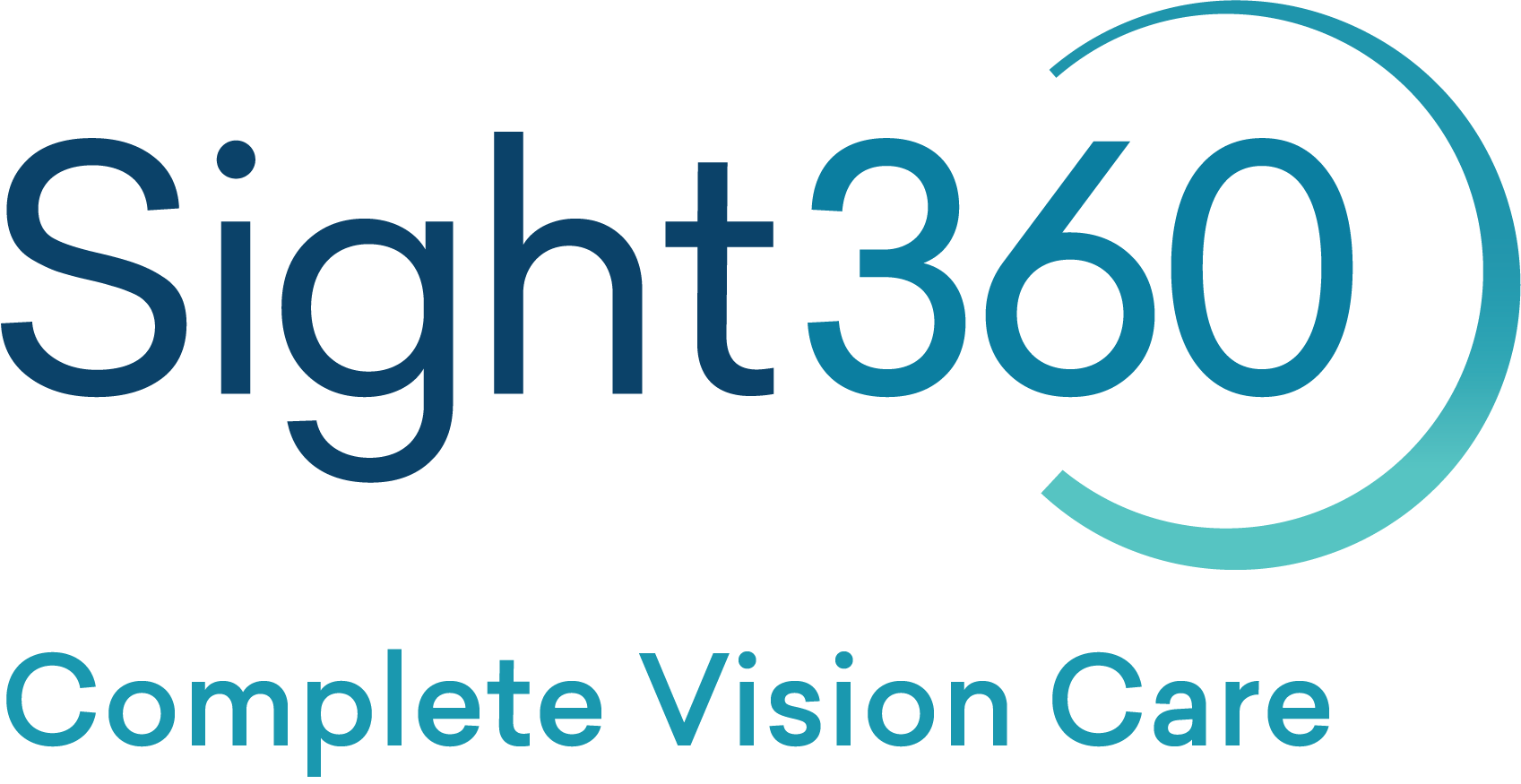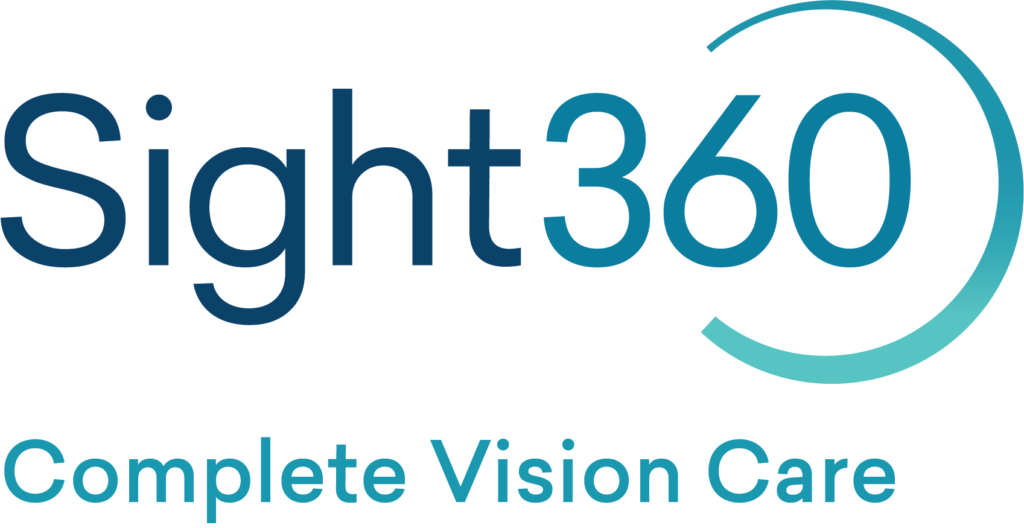What is Glaucoma?
Age affects our bodies in a number of ways. Our eyes are among the parts of our body that are most vulnerable to aging. As we get older, a certain loss of visual acuity is natural and expected, and it can be handled through more powerful prescription lenses. However, some age-related vision problems pose more serious threats to your long-term vision. Glaucoma is one of these threats. A series of related conditions that afflict your optic nerve, glaucoma is incredibly common and affects millions of Americans. For those suffering from glaucoma, it’s important to receive treatment as soon as possible. And to treat glaucoma, you need to have it diagnosed immediately. At Sight360, we can provide you with the high-caliber glaucoma treatment you need.Diagnosing Glaucoma
Even today, there’s still a fair bit we don’t know about glaucoma, but we do know that the conditions collectively known as glaucoma damage your optic nerve as the result of increased pressure in the eye. One of the reasons glaucoma is so dangerous is that it often does not provide any symptoms or warning signs. The vision loss associated with glaucoma is so gradual that it’s easy to miss it altogether or simply convince yourself that you’re imagining things. This is why it’s so important to visit our eye doctors for regular eye exams. These exams can detect glaucoma early, which makes treatment more effective.Glaucoma Risk Factors
Below are some glaucoma risk factors. It’s important to remember that you are not in the clear just because you don’t share any of these risk factors. Anyone can come down with glaucoma, which means everyone needs to commit to regular eye exams.- Age: Glaucoma can afflict anyone, but it is more common with age. If you’re over the age of 60, you’re uniquely vulnerable to glaucoma.
- Race: Again, anyone can come down with glaucoma, but African-Americans and Hispanics are especially prone to the disorder.
- Genetics: A family history of the condition also puts you at a greater risk.
- Injuries or trauma: A history of eye injuries or other trauma to the eye are, including certain vision problems, such as nearsightedness are risk factors for glaucoma.
- Medical conditions: Hypertension, heart disease, diabetes and sickle cell anemia can increase your risk for glaucoma.
Glaucoma Treatment Options
When it comes to glaucoma treatment, there is good news and bad news. The bad news is that glaucoma can’t be cured, and any vision loss that occurs as a result of glaucoma is irreversible. There is no treatment that can restore vision lost due to glaucoma. The good news, however, is that glaucoma can be treated, and these treatment options can stop the progression of the disease, ensuring that you retain sound vision for years to come. This also speaks to the importance of early detection. The earlier your glaucoma is diagnosed, the better your chances to keep your vision sound. Again, the best way to diagnose glaucoma is to see our eye doctors for regularly scheduled exams, even if your vision seems fine. Once our eye doctor diagnoses you with glaucoma, we will discuss your treatment options with you. Every patient is unique, and Sight360 optometrists will help you find the course of treatment that is best suited for your specific needs. Common glaucoma treatment options include:- Eye drops that are designed to reduce intra-ocular pressure. This is the most common form of treatment, and it’s most viable when glaucoma is caught early
- Oral medications are often prescribed to reduce intra-ocular pressure.
- In some cases, laser eye surgery can be used to open clogged channels, relieving the pressure that causes glaucoma
Doctors who treat Glaucoma: Diagnosis & Treatment

Book Appointment
Whether you are an optician or a renowned surgeon, we have a place for you to make a lasting impact on patients and build a fulfilling career. Apply today!


